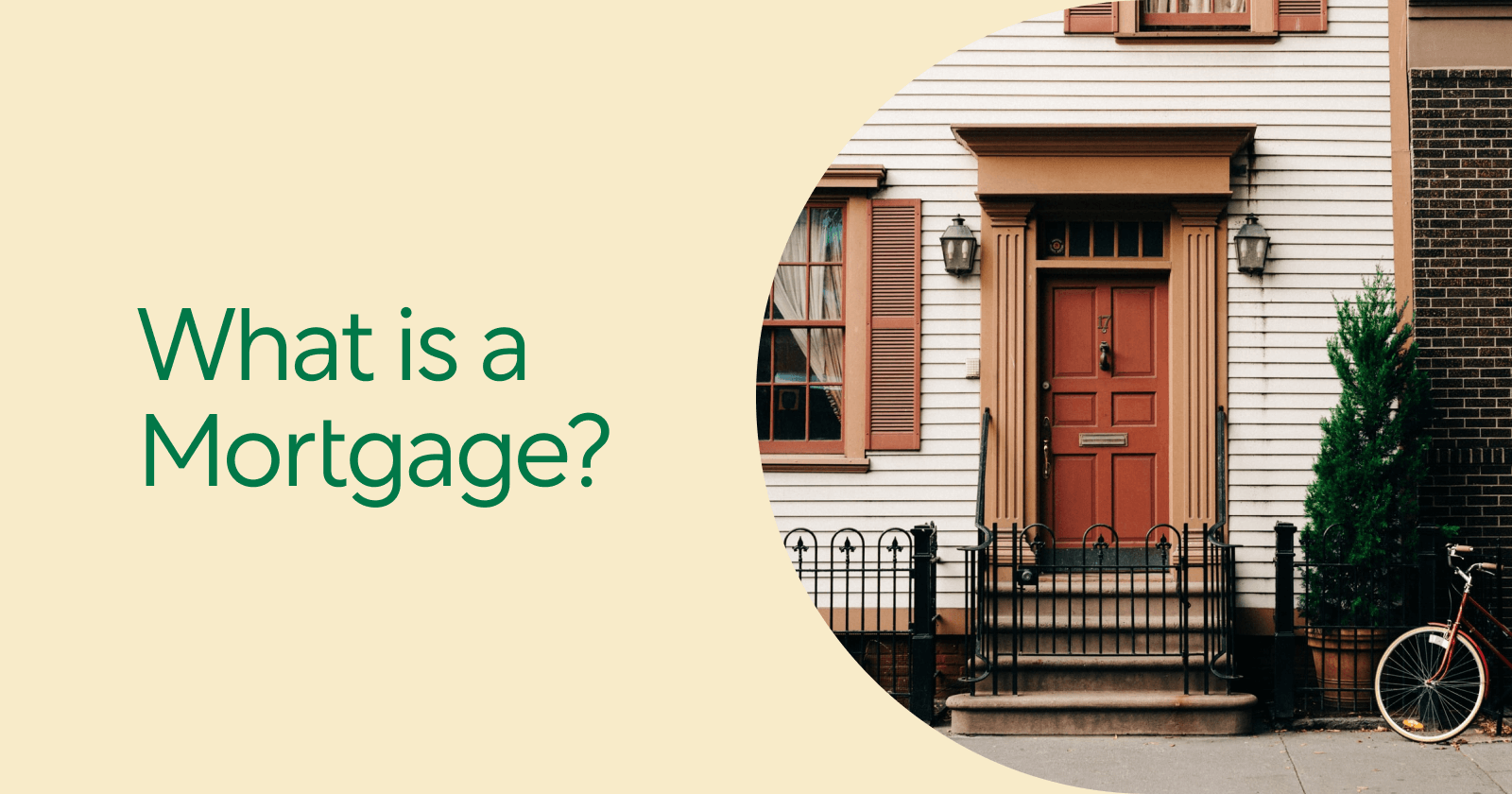
A mortgage is a type of loan often used to purchase a home or other property. A mortgage allows the lender to own the property if you do not repay the loan on time. Real estate is collateral for a loan. Mortgages are usually large loans and are paid off over many years.
When you get a mortgage, you are called a mortgage setter.
The borrower is called the mortgagee.
A mortgage that requires periodic payments to the lender. The payment includes interest on the loan and a portion of the principal amount (loan amount). Payments may also include property taxes, insurance and similar fees.
When you make your mortgage payment, the lender will use it to cover the interest first.
Anything left over goes to principal, and in some cases taxes and insurance. At first, only a small amount goes into the principal, but gradually more is returned to the principal until the principal is paid off in full. The portion of the property that you pay through down payments and mortgage payments is called your share of the property.
Individuals and businesses use mortgages to purchase real estate without first paying the full purchase price. The borrower repays the loan and interest over a set period of time until it becomes a free and clean owner of the property.
Most traditional mortgages are fully amortized. This means that your periodic payments will be the same, but you will pay different rates of principal and interest each time you make a payment over the life of the loan. Common mortgage terms are 30 or 15 years.
A mortgage loan is also known as a lien on property or property claims.
If the borrower stops paying the mortgage, the lender can foreclose on the property.
For example, a home buyer mortgages his home to a creditor, and the creditor claims title to the property. This guarantees the lender's interest in the property in case the buyer defaults on its financial obligations. If a foreclosure occurs, the lender can evict the residents, sell the property, and use the proceeds from the sale to pay off the mortgage debt.
A potential borrower initiates the process by approaching one or more mortgage lenders.
Lenders will require proof that the borrower is able to repay the loan. This can include bank and investment reports, recent tax returns and proof of work in progress. Lenders usually also conduct credit checks.
If the application is approved, the lender will provide the borrower with a loan for a specific amount and a specific interest rate. Homebuyers can apply for a mortgage after they have selected a property to purchase or while they are still looking, a process known as pre-approval.
Mortgage pre-approval can give buyers an edge in a tough housing market because sellers know they have the funds to back their offer.
As soon as the buyer and seller agree to the terms of the transaction, they or their representatives will meet at the so-called closing. This is when the borrower makes a down payment to the lender. The seller transfers ownership of the property to the buyer, receives the agreed upon amount, and the buyer signs all remaining mortgage documents. Lenders may charge a loan payment fee (sometimes in the form of points) at the end of the transaction.